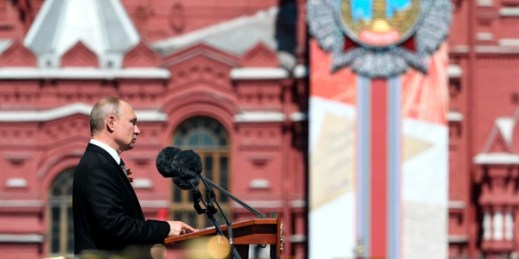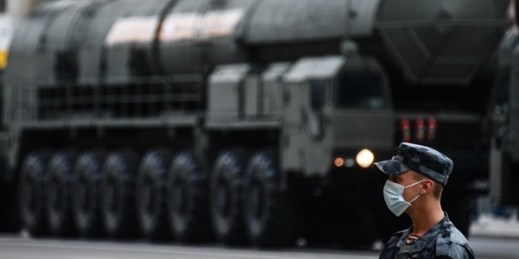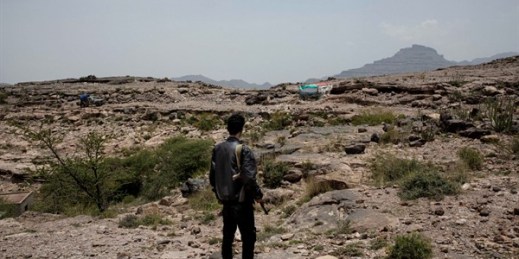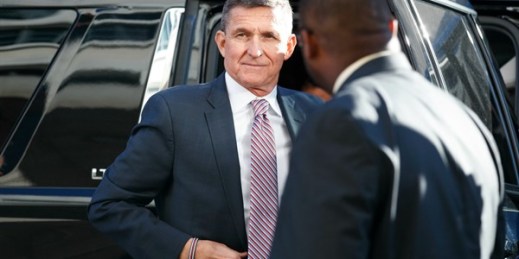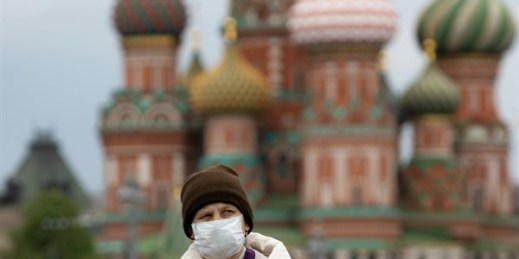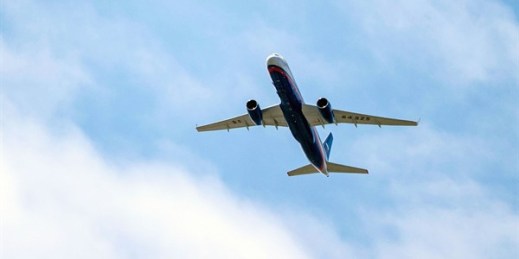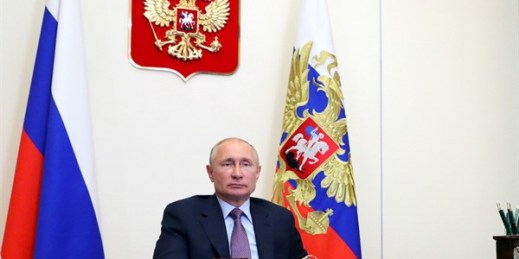
If all goes as planned next week, Vladimir Putin will be on a glide path to serve as Russia’s perpetual president. On July 1, Russia will hold a national referendum on a proposed package of changes to its constitution that many predict will essentially pave the way for Putin to run for office again after his current six-year presidential term expires in 2024. In theory, the proposed changes—which will, among other things, “reset the clock” on the current constitutional limit of two consecutive presidential terms—mean Putin could win two more elections and remain in power until 2036. If he does, […]

